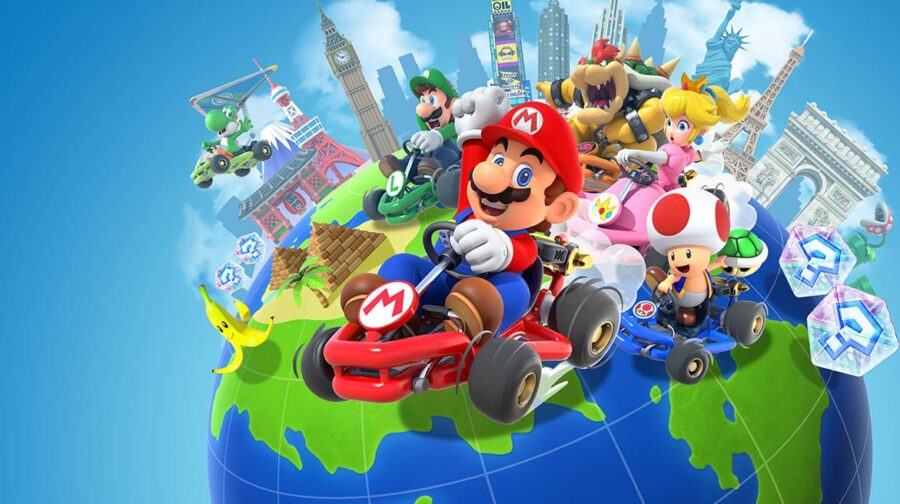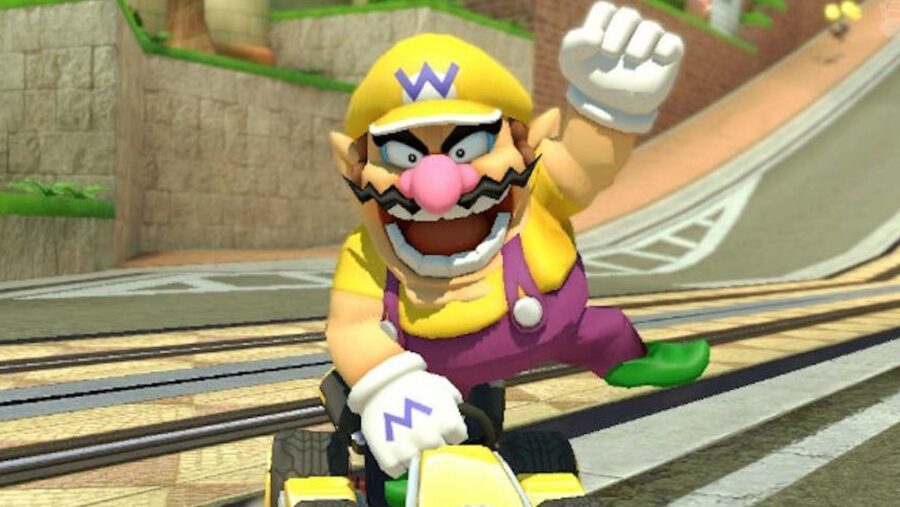Nintendo Sued Over One Controversial Element In Mario Kart
A lawsuit against Nintendo claims that Mario Kart Tour used predatory practices to lure gamers into buying its loot boxes.

And then came the day we thought we’d never see; someone sued Nintendo over a controversial element in Mario Kart Tour. The part in question is loot boxes, and it would seem that a lawsuit claims that Nintendo uses predatory tactics similar to those used by Fortnite and Electronic Arts (EA Games) to trick younger gamers into spending money on transactions.
According to Kotaku, the lawsuit against Nintendo was filed by a father claiming that his child spent $170 on loot boxes in Nintendo’s Mario Kart Tour—a free-to-play kart racer game. The lawsuit calls for a refund for all minors in the US who paid to use Mario Kart Tour’s Spotlight Pipes, which granted in-game rewards to players sing undisclosed odds, alleging that Nintendo intentionally put a paywall, steering players towards spending more money on the game, thus encouraging addictive behaviors akin to gambling.
For those who are unfamiliar with what this is all about, lawmakers and regulatory bodies worldwide have been after gaming companies for their use of “dark patterns” to trick players into spending money on microtransactions. When Nintendo launched Mario Kart Tour in 2019, the game contained Spotlight Pipes, which basically acted as loot boxes with undisclosed odds that were purchasable with real money in hopes of receiving a significant in-game upgrade. However, the random-number-generator mechanisms are set to “house always wins” more than 90 percent of the time.
Admittedly, Nintendo did remove the most controversial feature from the Mario Kart Tour less than a year ago, months before the lawsuit was filed—it was originally filed in March this year. Still, that doesn’t exempt Nintendo from facing a possible class action lawsuit over the loot box-like items. As stated above, the lawsuit calls for refunds for all minors in the US who paid to open loot pipes, and it further claims that the tactics used to deceive players violate Washington State’s Consumer Protection Act and California business law.

This is rather important since we’re not used to seeing Nintendo as the defendant but a plaintiff, and no less for a feature that they have previously removed from Mario Kart Tour. The company is notorious for its legal actions against everything and everyone, and we wouldn’t be surprised if they sued Earth’s atmosphere for producing a cloud resembling Link from Zelda or the ground for sprouting mushrooms.
Sarcasm aside, the company recently won a major court case against a pirate website and $40 million in damages from a Nintendo hacker, who will spend the rest of his life paying for his crimes. Despite being targeted for loot boxes inside Mario Kart, Nintendo isn’t the only developer and publisher facing legal ramifications over loot boxes. We already mentioned EA and Epic, but Sony also made a few refunds along the way.
Luckily, the industry is slowly moving away from these practices; Overwatch 2 and Diablo 4 won’t have loot boxes, and Capcom has made its microtransactions completely negligible, as they offer only cosmetics and soundtracks, completely abandoning anything that could affect the gameplay in any manner. All developers should take a page from Capcom’s book.












